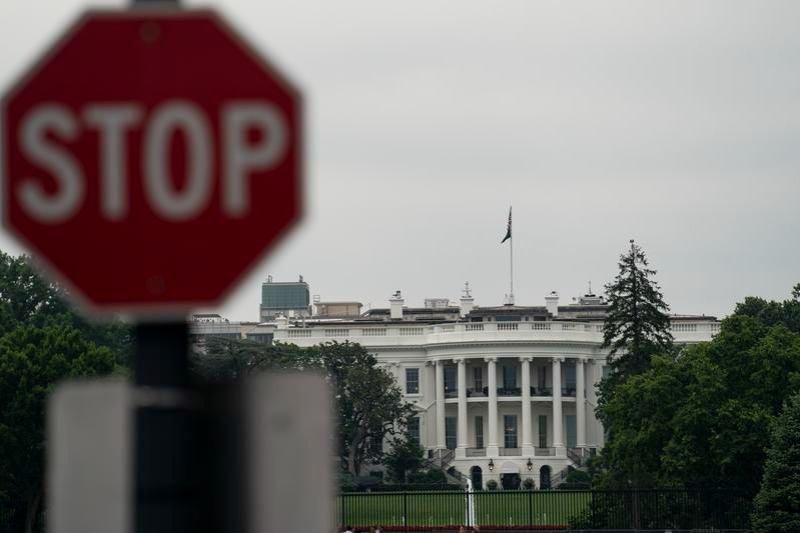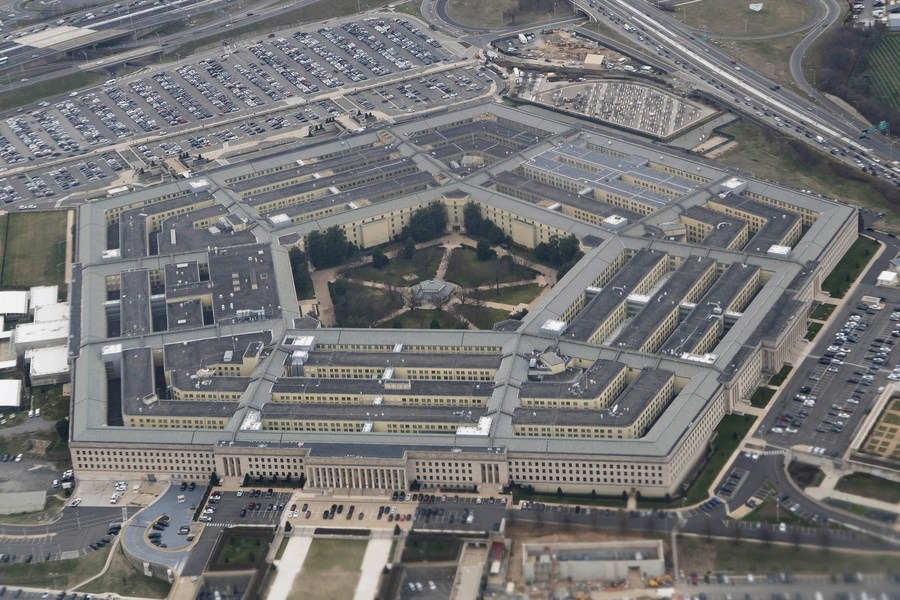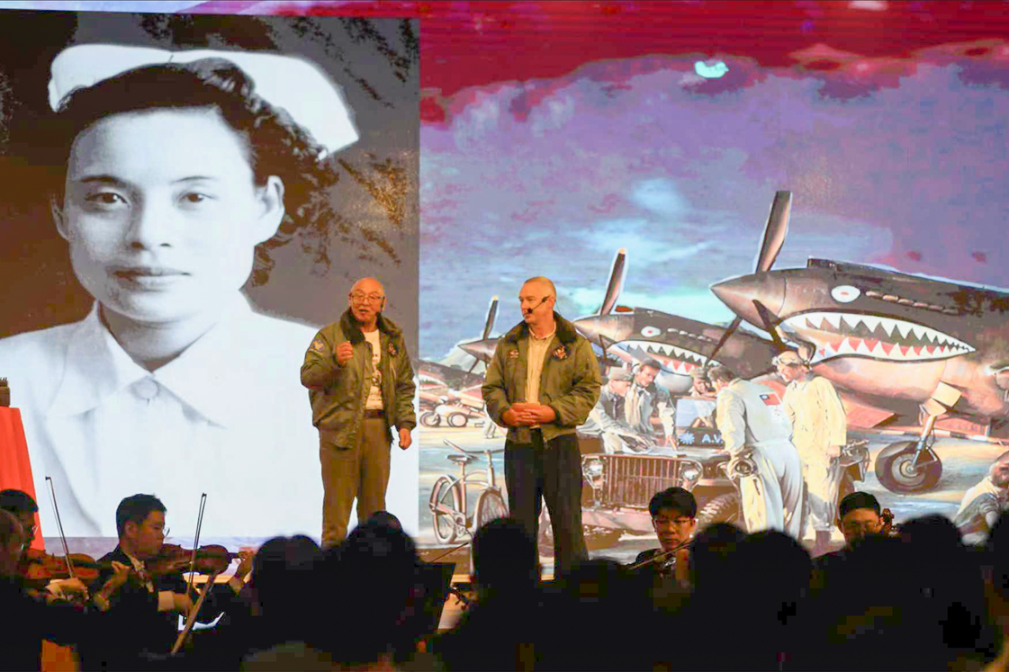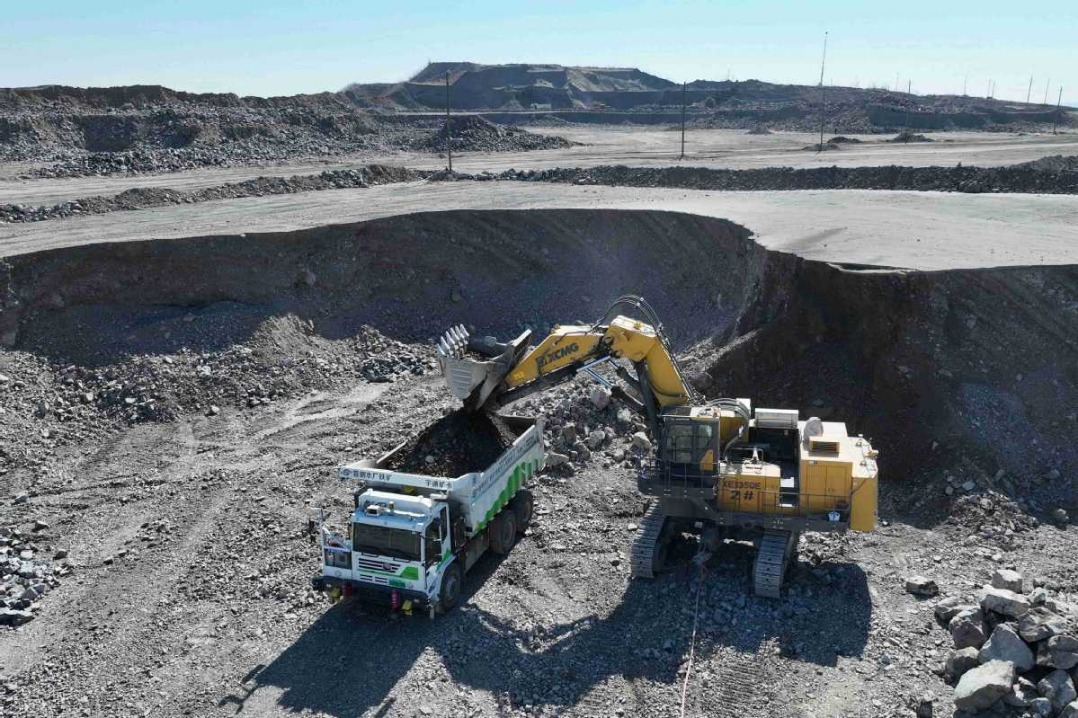US auto tariffs seen causing ripples across globe


US President Donald Trump's plan to put 25 percent tariffs on automobile imports starting next week has raised alarm about costs for manufacturers and consumers in the global market.
American automakers source their components globally, which could complicate how the tariffs are collected. There also is the likelihood of higher costs for car buyers.
"It adds to the uncertainty facing all automakers as the industry's supply chain is inherently global and has optimized around moving components across national borders, where free trade agreements have existed in the past," said John Paul MacDuffie, professor of management at the University of Pennsylvania.
Trump said at the White House on Thursday that "a lot of companies are going to be in great shape because they've already built their plant, but their plants are underutilized, so they'll be able to expand them inexpensively and quickly".
He said the levies will lead to more factories opening in the United States and the end of what he called a "ridiculous" supply chain in which auto parts and finished vehicles are manufactured across the United States, Canada and Mexico.
The tariffs on auto parts covered under the US-Mexico-Canada Agreement (USMCA) won't go into effect immediately, until the percentage of non-US parts is determined in consultation with US Customs and Border Patrol, according to the US Commerce Department.
A truck built in Mexico with 45 percent US content would still face a 25 percent tariff on 55 percent of its value.
The American Automotive Policy Council said in a statement that "it is critical that tariffs are implemented in a way that avoids raising prices for consumers and that preserves the competitiveness of the integrated North American automotive sector".
The group's president, former Republican governor Matt Blunt of Missouri, told The Associated Press that "we have clearly expressed concerns related to prices and other impacts to the administration as well as our belief that a modernized" USMCA remain in place.
"By mid-April, we expect disruptions. We expect sales to fall, new and used prices to increase, and some models to be eliminated if those tariffs persist," Cox Automotive chief economist Jonathan Smoke told USA Today.
The average cost of a new vehicle in the US was $49,740 as of December, according to Kelley Blue Book. For a used car, it was $25,565.
Trump posted Thursday on Truth Social that the tariffs, effective April 3 on automobiles and on parts a month later, are a "liberation day" for the US, posting that for years the US has been "RIPPED OFF BY VIRTUALLY EVERY COUNTRY IN THE WORLD".
The move was welcomed by the United Auto Workers union, which said it was a "long overdue shift away from a harmful economic framework that has devastated the working class and driven a race to the bottom across borders".
Trump has maintained that tariffs would cause more production to relocate to the United States. He also said that he would like to help car buyers deduct auto-loan interest from their federal income taxes if their vehicles were made in the US.
But US and foreign automakers have plants worldwide, and it could take years for companies to design, build and open the new factories.
The US imported nearly 8 million cars and light trucks worth $244 billion last year. Mexico, Japan and South Korea were the top sources of foreign vehicles. Imports of auto parts came to more than $197 billion, led by Mexico, Canada and China, according to the Commerce Department.
"We will fight the US tariffs with retaliatory trade actions of our own that will have maximum impact in the United States and minimum impacts here in Canada," Canadian Prime Minister Mark Carney said.
Pierre Poilievre, Conservative candidate for Canadian prime minister said, "Canada First Conservatives will build a Canadian economic fortress to protect our affected jobs and take back control of our economy."
In Brussels, European Commission President Ursula von der Leyen said, "Tariffs are taxes — bad for businesses, worse for consumers equally in the US and the European Union."
Mexican President Claudia Sheinbaum said that under the USMCA "there shouldn't be any tariffs; that is the essence of the commercial treaty".
Agencies contributed to this story.
hengweili@chinadailyusa.com

































